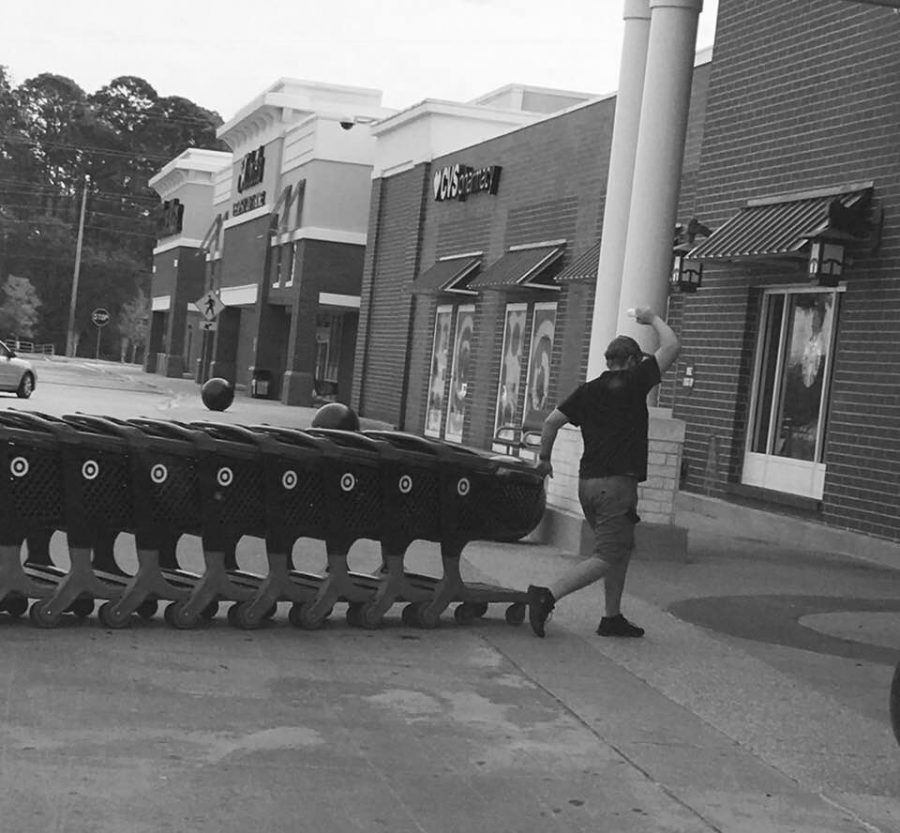Opinion: Shopping Carts Save Lives
The shopping cart theory emerged as a relatable dilemma that a lot of us face at some point.
After weeks of daily temperature and COVID-19 checks, we still face a large, and seemingly unanswerable, question: “Can we trust others around us to keep us safe?”
How do you define being mindful? Not all of the blame can be out on the students, especially those of a younger age who might not know better. So parents, this one’s for you. Being mindful is not giving in. When your child asks you to go to that party that you know will be indoors and unmasked, say no. When your child begs and pleads and rebels and plays the pity card, say no. A minor decrease in your child’s social life is worth it if it means you are keeping yourself and others safe. We all get the emails.
Let’s walk through the steps of leaving a grocery store. You checkout, pay, and tell the workers to “have a nice day.” You take the cart to your car and unload the groceries into your trunk. Now, you are faced with a decision.
Do you bring your empty shopping cart to the designated return areas, or do you leave it on the curb or perhaps in an empty parking space, knowing that no one can get you in trouble for the deed?
In May of 2020, a theory presented by JARED on Twitter and referred to as the “Shopping Cart Theory” went viral. The theory states that a person’s character and morality can be determined based purely on whether they decide to return a shopping cart, either to the store or a designated area, or if they leave it in a place most convenient for themselves.
“To return the shopping cart is an easy, convenient task and one which we all recognize as the correct, appropriate thing to do,” JARED says. “To return the shopping cart is objectively right. There are no situations other than dire emergencies in which a person is not able to return their cart. Simultaneously, it is not illegal to abandon your shopping cart.”
It is much easier to just put your shopping cart wherever fits your needs. No one will fine you or punish you for leaving it. You also gain nothing from returning the cart.
Although it seems trivial, this theory has an abundance of merit. It might not seem like it, but there are many ways it can apply to our daily high school lives.
Taking your own temperature, monitoring yourself for COVID-19 symptoms, and being honest on the online portal is the objectively right thing to do. However, it is much easier to simply check the “temperature below 100.4°F” box and be on your way.
You could be indirectly responsible for someone’s death. You tell yourself it’s just one party, and it can’t hurt, but you also sit next to a nice girl in your math class who lives with her grandmother. Two months later, she grieves at a funeral because just one party can’t hurt, right?
This is where the concept of social responsibility comes into play. To check both our own and other people’s social responsibility, we must be constantly asking questions.
We need to put more societal pressure on those who refuse to be socially responsible.
Abandoning one’s shopping cart doesn’t hurt. You aren’t directly ruining someone’s day or life. You are just telling the world that your needs are more important than theirs.



